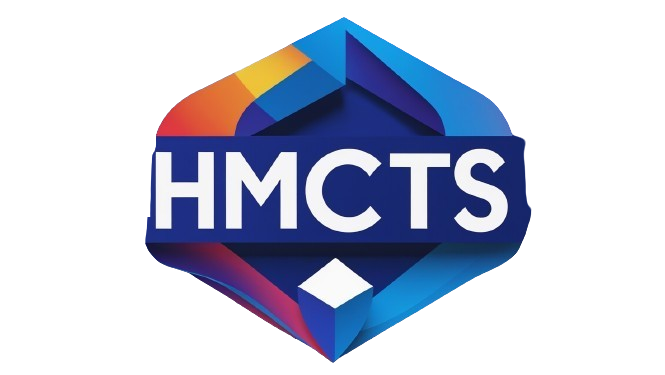Turn Your Knowledge Into Income — Even If You’ve Never Sold Anything Online Before
Selling online courses is one of the fastest-growing ways to make money online in 2025. If you’ve ever thought, “I could teach this,” then you’re sitting on potential income.
Whether you’re a creative, professional, student, or side hustler, this guide will walk you through every step to selling your very first online course — with zero experience needed.
Let’s get started.
Step 1: Pick a Profitable Course Topic
Don’t overthink it. The best course topic is something:
- You already know well
- People are searching for (check YouTube, Reddit, Quora)
- Can solve a specific problem
Examples:
- How to bake sourdough at home
- Mastering Excel for beginners
- Social media marketing for small businesses
- How to pass nursing school exams
Tip: You don’t need to be an expert — just be 2 steps ahead of the learner.
Step 2: Validate the Demand
Before creating the course, make sure people want it. Quick validation methods:
- Ask in Facebook groups or Twitter/X polls
- Search the topic on Udemy or Skillshare — if it exists, there’s demand
- Use Google Trends and YouTube search for interest level
Bonus: Offer a free mini-guide or checklist and see how many people download it.
Step 3: Outline Your Course Content
Structure your course like chapters in a book. Keep it simple.
Example layout:
Module 1 – Introduction
Module 2 – Step-by-step process
Module 3 – Common mistakes to avoid
Module 4 – Real examples or demos
Module 5 – Bonus tips or templates
Module 6 – Conclusion + Next steps
Use Google Docs, Notion, or Trello to organize your modules and lesson plans.
Step 4: Record Your Lessons (Using What You Have)
You don’t need fancy gear. Use:
- Your smartphone for talking-head videos
- Loom or OBS Studio for screen recordings
- Canva for presentation slides
Tips:
- Keep videos 5–10 minutes each
- Record in a quiet space with natural lighting
- Don’t aim for perfection — aim for clarity and value
Step 5: Choose a Course Platform
Your course needs a home. Popular beginner-friendly platforms include:
- Teachable – easy to set up and sell
- Gumroad – great for one-time downloadable courses
- Thinkific – offers free plans and good customization
- Podia – combines courses, email, and digital products
Upload your videos, organize modules, set a price (start with $10–$49), and you’re ready to go!
Step 6: Create a Simple Sales Page
Your sales page should explain:
- What the course is
- Who it’s for
- What they’ll learn
- Why it’s worth it
Add testimonials (or early feedback), visuals from your course, and a strong call to action like “Join Now” or “Start Learning Today.”
Use Canva, Leadpages, or even the platform’s built-in landing page tool.
Step 7: Launch It to the World
Start with your inner circle:
- Share it on your social media
- Email your contacts or list
- Post in relevant Facebook or WhatsApp groups
Offer a launch discount (like 50% off for the first 20 students) to build momentum.
Step 8: Collect Feedback and Improve
Ask your first buyers for reviews or testimonials. Use their feedback to improve your course and build trust for future customers.
You can also:
- Add bonus videos
- Offer a worksheet or template
- Host a Q&A live session
Step 9: Set Up Passive Sales
Now that the course is live, promote it with:
- Instagram Reels or TikToks with course tips
- YouTube tutorials with your course link
- Blog posts and Pinterest pins
- Partner with affiliates or micro-influencers
Your course becomes a digital asset — earning while you sleep.
Final Thoughts
Selling your first course may feel scary, but the key is to start small and stay consistent. You don’t need to be a guru or have thousands of followers. Just teach what you know, help people, and the sales will follow.
Remember:
- Done is better than perfect
- You can always improve it later
- Your first course is just the beginning
Now it’s your turn — what will you teach?
Comment below with your course idea, and let’s turn it into income! 🚀


